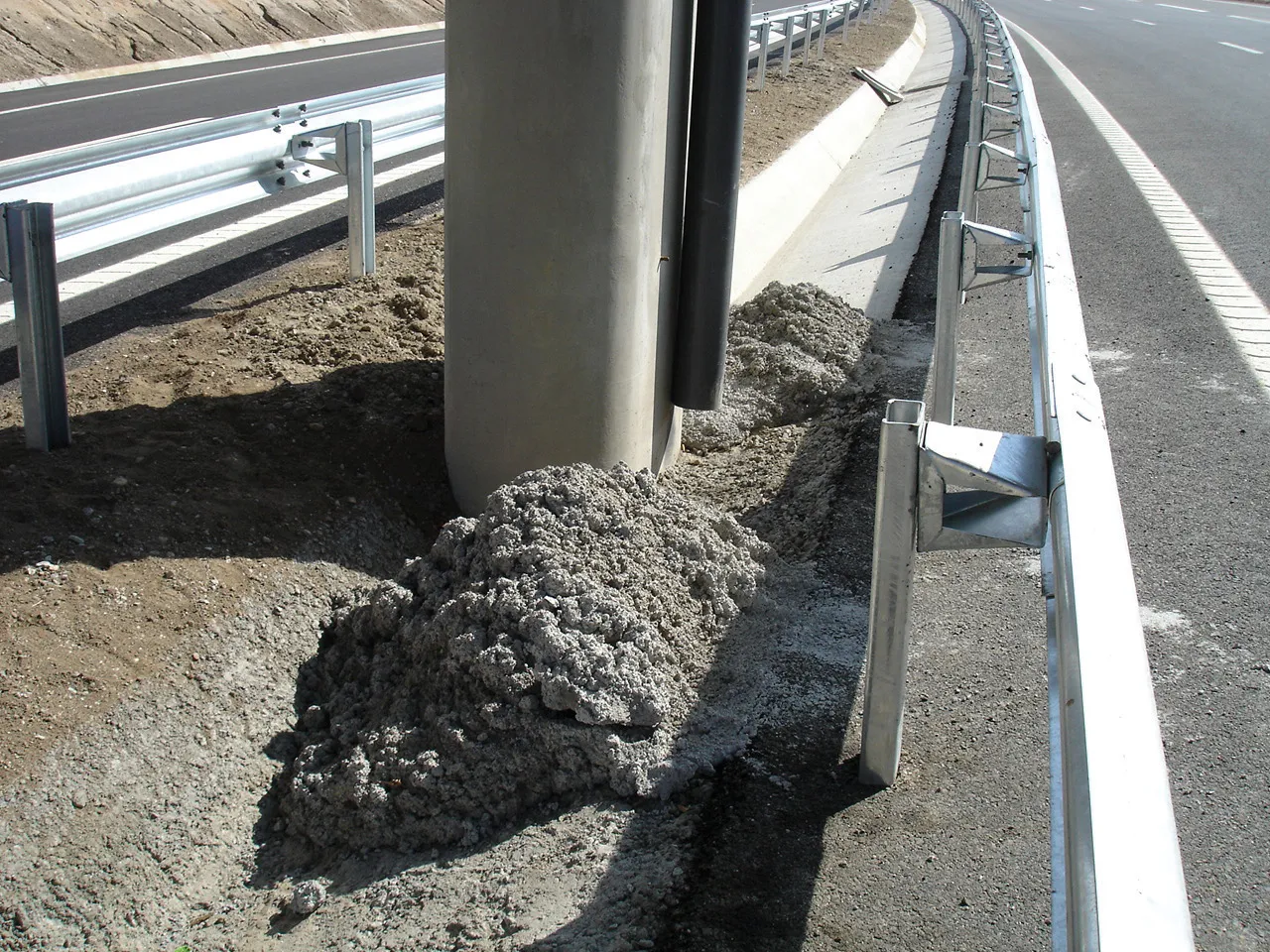Brazil's national department of transport infrastructure, Dnit, has approved a proposal to suspend work on 29 road projects across 12 states.
The approval comes after severe budget cuts this year and the number of affected works could increase to 61.
Dnit noted, however, that no work will be immediately stopped and that current contracts will be maintained.
The proposal will now go before the Ministry of Transport and Planning and the Office of the Chief of Staff before it can receive final approva
May 9, 2016
Read time: 2 mins
Brazil's national department of transport infrastructure, Dnit, has approved a proposal to suspend work on 29 road projects across 12 states.
The approval comes after severe budget cuts this year and the number of affected works could increase to 61.
Dnit noted, however, that no work will be immediately stopped and that current contracts will be maintained.
The proposal will now go before the Ministry of Transport and Planning and the Office of the Chief of Staff before it can receive final approval.
Dnit approval was based on an internal study which highlighted a lack of capacity to maintain these works given budget limitations. More than half of the department's budget has already been allocated to projects.
Meanwhile, a section of the BR-153 highway will go out to tender again, according to Valor Economico, an online newspaper.
The stretch of the BR-153 that connect the cities of Anapolis (Goiais) and Alianca do Tocantins (Tocantins) has been under the responsibility of contractor Galvao Engenharia since September 2014.
The highway’s importance is because it is used for the distribution of grains produced in the centre-west region of Brazil. The country’s national land transport agency ANTT has requested the preparation of new rules and regulations for the viability studies for the 624km section of the highway.
The original contract required that Galvao Engenharia widen the road over five years from 2014. However, due to its involvement in the Lava Jato corruption investigation, Galvao Egenharia had its financing requests denied by BNDES - Brazilian Development Bank, also known as National Bank for Economic and Social Development.
The company does not have enough money to conclude the initial works. After abandoning the project, Galvao presented ANTT with four proposals, including the transfer of the leasing contract.
The approval comes after severe budget cuts this year and the number of affected works could increase to 61.
Dnit noted, however, that no work will be immediately stopped and that current contracts will be maintained.
The proposal will now go before the Ministry of Transport and Planning and the Office of the Chief of Staff before it can receive final approval.
Dnit approval was based on an internal study which highlighted a lack of capacity to maintain these works given budget limitations. More than half of the department's budget has already been allocated to projects.
Meanwhile, a section of the BR-153 highway will go out to tender again, according to Valor Economico, an online newspaper.
The stretch of the BR-153 that connect the cities of Anapolis (Goiais) and Alianca do Tocantins (Tocantins) has been under the responsibility of contractor Galvao Engenharia since September 2014.
The highway’s importance is because it is used for the distribution of grains produced in the centre-west region of Brazil. The country’s national land transport agency ANTT has requested the preparation of new rules and regulations for the viability studies for the 624km section of the highway.
The original contract required that Galvao Engenharia widen the road over five years from 2014. However, due to its involvement in the Lava Jato corruption investigation, Galvao Egenharia had its financing requests denied by BNDES - Brazilian Development Bank, also known as National Bank for Economic and Social Development.
The company does not have enough money to conclude the initial works. After abandoning the project, Galvao presented ANTT with four proposals, including the transfer of the leasing contract.







